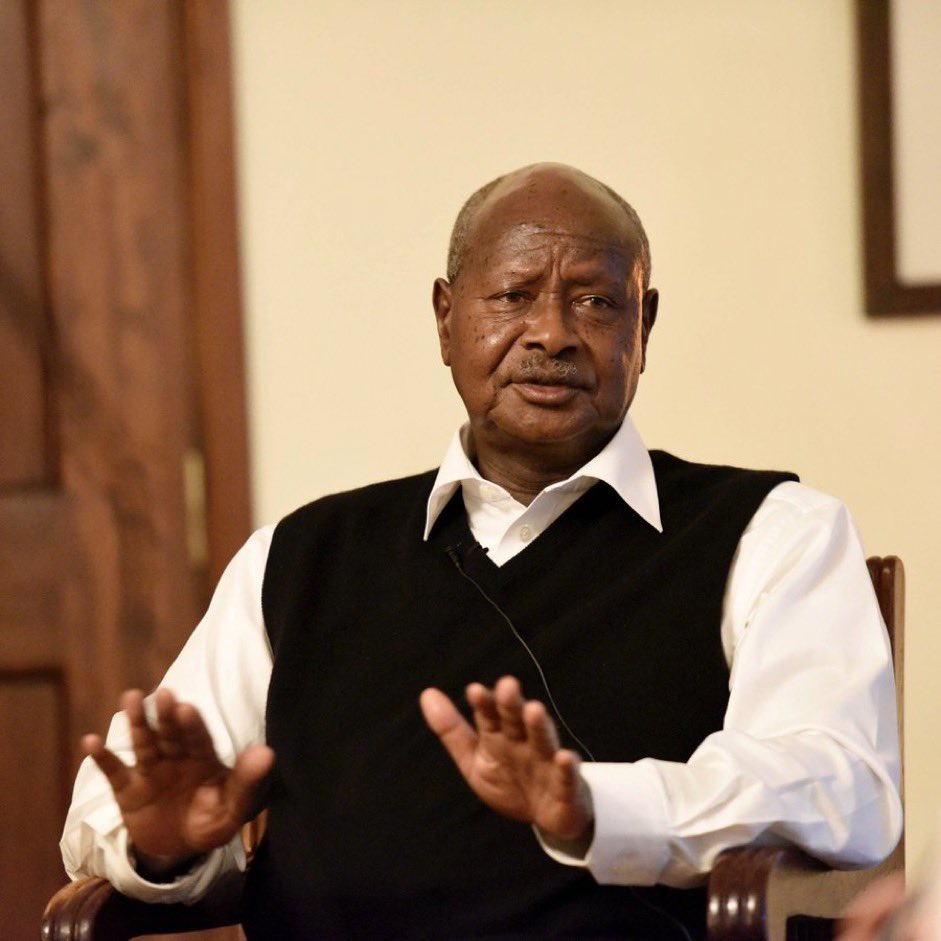News
Here are 6 Reasons Why Museveni Did Not Address the Bugingo Shooting Incident Where His Soldier Died
Museveni has a tendency to address issues at a later time, choosing when he deems it appropriate. He may not have found the right moment to discuss the incident and could address it in future briefings.

By Ivan Kaahwa
Richard Muhumuza, a member of the Special Forces Command and bodyguard to Pastor Bugingo, consumed the majority of bullets during the attack on January 2, 2024. Despite being a trusted member of the SFC, President Museveni did not mention the soldier’s death in his recent address on security matters. Here are 5 possible reasons for his silence:
1. Special Investigation Division Involvement: The Special Investigation Division has taken charge of the case, conducting a meticulous analysis, reconstruction, and observations. The involvement of this specialized unit indicates a need for a comprehensive and accurate report. Museveni’s decision not to speak may stem from the ongoing and delicate nature of these investigations, aiming to avoid any premature disclosures that could impact the inquiry’s integrity.
2. Social Media Speculations: Widespread speculations on social media, including claims of the incident being a stunt, have emerged. Museveni might be refraining from public commentary to prevent the spread of misinformation and to maintain the integrity of the official investigation. Addressing these speculations prematurely could hinder the authorities’ ability to establish the facts independently.
3. SFC Soldier’s Death: The deceased soldier, Richard Muhumuza, belonged to the Special Forces Command (SFC), an elite unit created to protect the President and other high-profile individuals. The personal and strategic nature of losing a trusted member of this elite force may lead Museveni to await a thorough and conclusive report before addressing the nation, treating it as a loss within his close security circle.
4. Pending Authoritative Accounts: Key figures like Special Advisor Gen. Muhoozi Kainerugaba and Minister for Internal Affairs Major General Kahinda Otafiire have not received final reports on the incident. Museveni, as the head of state, may be waiting for comprehensive and authoritative briefings from these officials before making any public statements.
5. Notable Absence of Police Officers During the Address: During President Museveni’s recent address, a deviation from the customary protocol was apparent. Typically, when responding to comprehensive concerns, various representatives are present to address emerging issues. However, in this instance, police officers were conspicuously absent from the audience. The attendees comprised UPDF personnel, a social media handler, and rescued abducted girls from Congo.
6. Timing Considerations: Museveni has a history of addressing issues at strategic times. The decision not to discuss the incident in his recent address may be a deliberate choice, aligning with his pattern of waiting for the right moment to speak on specific matters. This could be a tactical approach to ensure that when he does address the incident, it is done with a full understanding of the situation and its implications. Museveni has a tendency to address issues at a later time, choosing when he deems it appropriate. He may not have found the right moment to discuss the incident and could address it in future briefings.
In Conclusion, Museveni’s decision not to address the Bugingo shooting incident involving his soldier may be influenced by ongoing investigations, concerns about social media speculation, the personal nature of the loss, lack of authoritative reports, and his strategic timing in addressing national issues.
#CMGSecurityDesk
#IvanKaahwaReports
@IvanKaahwa via Twitter


































